Donald Trump’s unique moment to change the world from day one
Two former Liberal prime ministers explain how the incoming US president can have immediate impact — and the key opportunities and challenges for Australia in his first term.
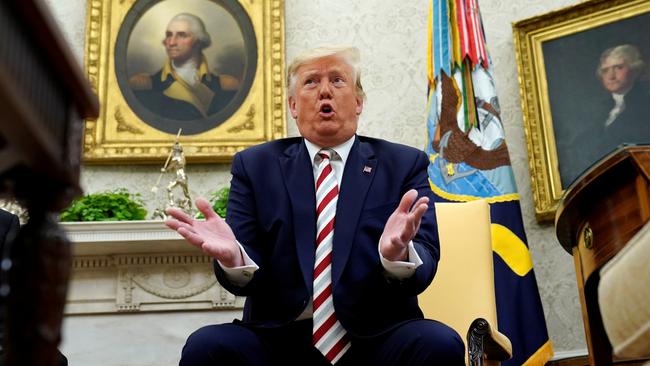
Donald Trump has a unique chance to change the world after reclaiming the White House, with transformations in the Middle East, Eastern Europe and Indo-Pacific demanding his attention from day one.
This is a daunting challenge and opportunity. Not only is the world being shaken by tectonic upheaval and conflict, it must also contend with the ultimate agent of change in Trump - a man committed to a different vision of America’s global mission.
Two former Australian prime ministers, Scott Morrison and Tony Abbott, believe that a more experienced Trump will be good for America and the globe, revive the US economy and provide more decisive leadership.
They tell Inquirer he will take an unorthodox and robust approach to solving problems — creating fresh challenges — but conclude there will be opportunities and a good news story for Australia.
Why the world will be safer
Abbott says the great chance arising from Trump 2.0 is that “a more robust America will create a safer and more prosperous world in the medium term.” He rejected suggestions there would be a return to US isolationism, arguing that Trump “looks like he’s eager to involve himself in all of these various trouble spots and make a positive difference.”
“The challenge for us is that it won’t be enough for us to just repeat the usual platitudes about the strength of the alliance,” he says. “We’ll be expected to put our money where our mouth is.”
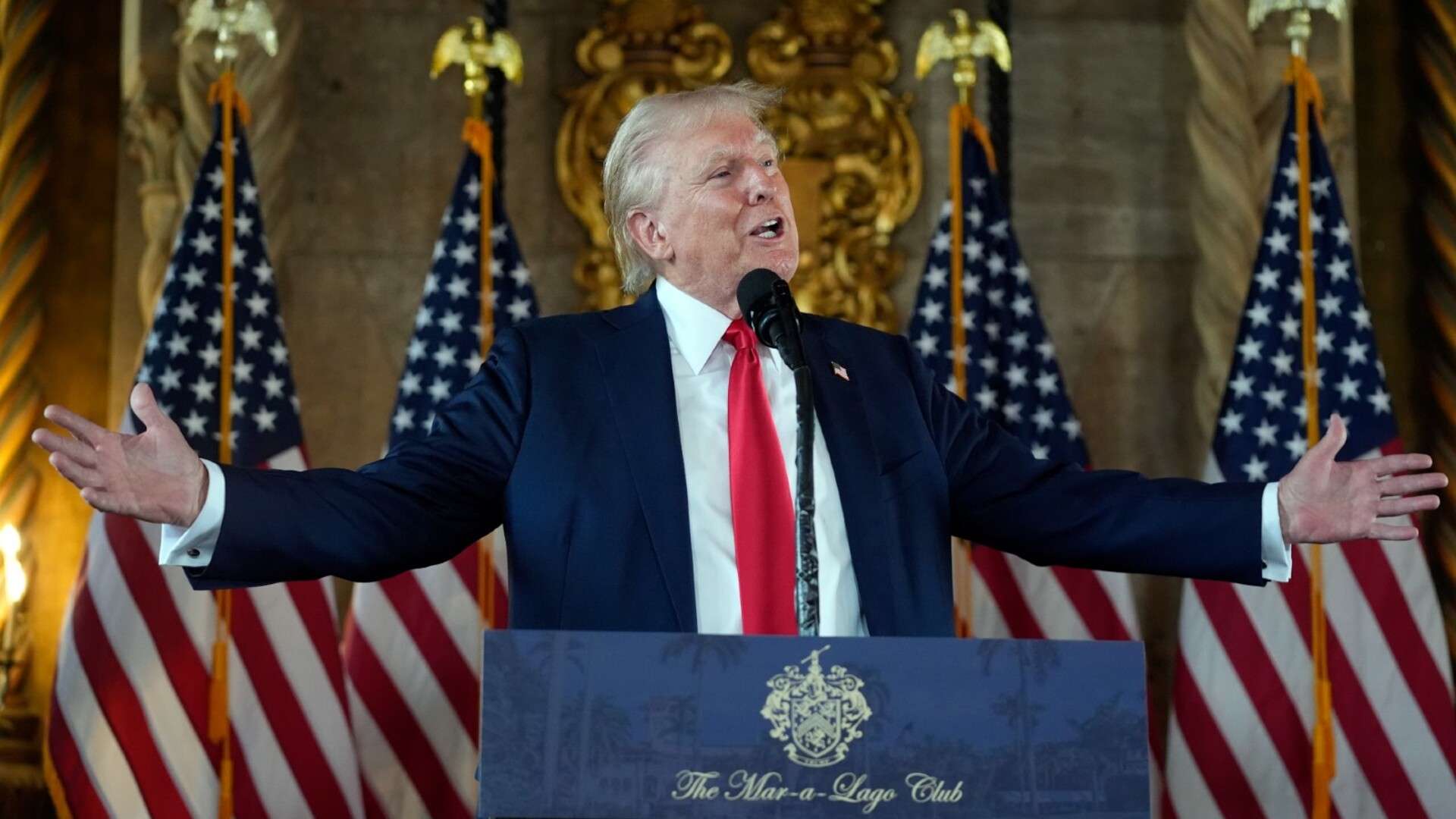
Morrison says Trump’s natural instinct is to embrace disruption as a tactic to generate opportunities and wrong-foot his rivals. “That’s always been Trump’s modus operandi. He disrupts and then sees what opportunity can come out of that disruption. He’s very good in chaos,” Morrison says.
The disruption has already begun. The international trading system is bracing for the possible imposition of unilateral US tariffs, the climate consensus awaits a second withdrawal by the US from the Paris Agreement and the war in Eastern Europe escalates in anticipation of a new American approach.
How Trump will deal with China, Russia and Ukraine
In the Middle East, events are accelerating with the fall of the Assad regime in Syria and the striking of a ceasefire agreement between Israel and Hezbollah, with Trump declaring that Hamas must release the remaining hostages in Gaza or there will be “all hell to pay.”
A tougher US position on Beijing is expected, with both Morrison and Abbott sounding the alarm on Labor’s stabilisation of ties with the CCP as a potential source of friction with the new administration.
Morrison is especially concerned that the recalibration in Canberra/Beijing relations does not undermine the appeal in Washington of the AUKUS agreement he secured, arguing that Labor needs to embrace it as a military deterrent against China.
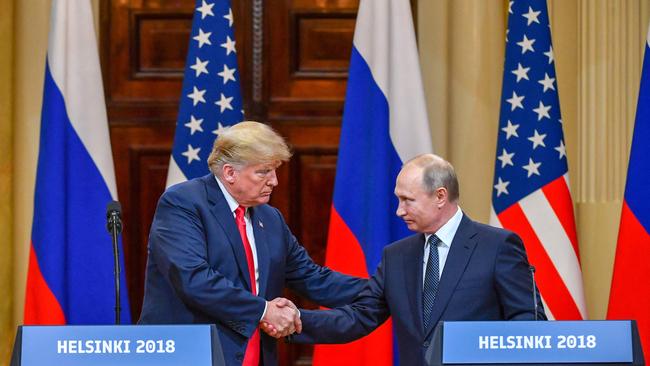
“Support for AUKUS in the US, particularly among Republicans, is because it is a very successful partnership to provide a military deterrent to their biggest strategic rival,” he says. “Don’t diminish that. Own it.”
Abbott says Australia can no longer be as “even-handed between the United States and China” and warns Washington will not respond well to Canberra putting “short-term economic interests ahead of the long-term national interest.”
With Trump ramping up calls for NATO members to “pay their bills” and branding the war in Russia more important to Europe than the US, both Morrison and Abbott agree Ukraine is the immediate pressing challenge.
“I can’t imagine that Trump will force Ukraine into an effective surrender. Because Trump wants to be a winner, not a loser” Abbott says. “And anything that involves pressuring Ukraine into surrendering territory without gaining absolutely rock solid cast-iron guarantees of security — it would be Munich Mark II. And I can’t imagine that that’s what Trump wants to start his presidency with.”
Morrison says Ukraine is occupying an “enormous amount” of time for incoming national security adviser Mike Waltz, with the administration careful to avoid any parallels to Joe Biden’s withdrawal from Afghanistan.
“Some have credibly argued that how that was handled offered an invitation to Putin and others to chance their arm,” Morrison says. “So he can’t have a deal that has a similar outcome.”
One of the first people to meet with the incoming NSA, Morrison says that Trump has two key guardrails for ending the Ukraine war. The first is getting an “outcome that leaves him and the US position stronger, not weaker.”
The second is bringing about an acceptable end to the conflict - most importantly for Ukraine. “The way that the West ... has engaged (in) this battle is to fight to be able to fight it tomorrow, not to fight and win,” Morrison says. “How long do you keep doing that? How long do you keep funding a war just to fight it tomorrow?”
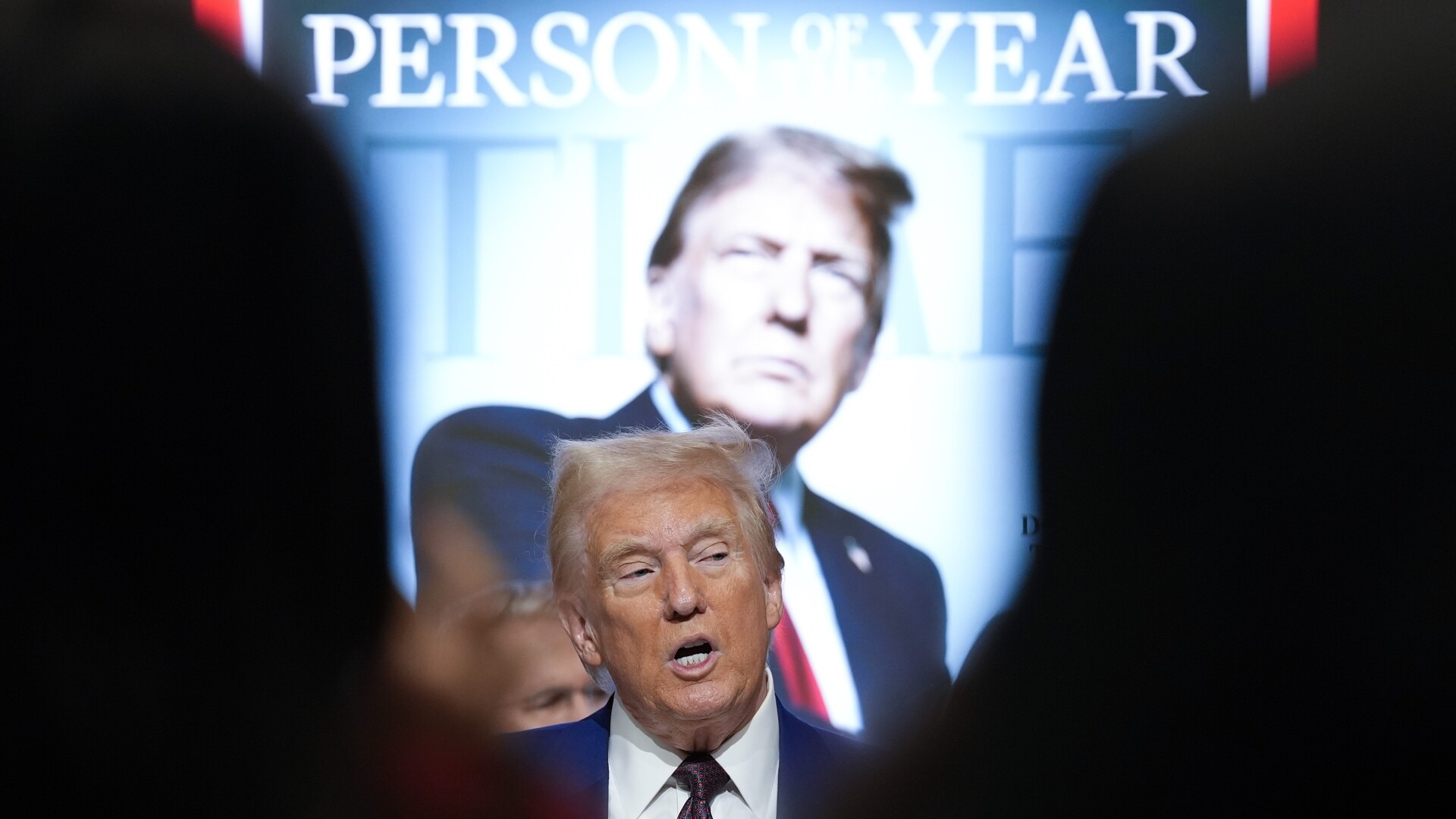
What about Israel?
On the Middle East, both Morrison and Abbott see Trump as injecting greater moral and strategic clarity into the US position. Morrison argues that Israeli Prime Minister Benjamin Netanyahu — in contrast to Zelensky — is “going to win” and had been “playing to win from day one.”
“Everyone who tried to say ‘No, you can’t do this. You need to appease and you need to step back.’ He (Netanyahu) has gone, ‘No. Thank you for your advice. But this is not a diplomatic issue. This is a war and I’m going to win.’”
Morrison suggests Trump may have a sounder grasp of the situation facing Israel because he better understands the West’s key enemies. “The difference between President Trump ... is the current administration has always been hopeful of turning these guys around, whether it’s the Iranians. It’s the idea that somehow they’ll become partners. They’ll be engaged in the international community,” Morrison says. “No. Trump understands these guys are autocrats. And they only understand one thing, which is power … And this will bring clarity. The lack of clarity up until now has really advantaged the aggressors.”
Abbott also warns the Western establishment wrongly assumed “the leaders of these dictatorships are bluffing when they talk about recreating the Russia of Peter the Great, or creating a caliphate, or making China the world’s dominant power by mid-century.”
“I think Trump actually gets their mindset. I think he understands that these people are serious when they make these apocalyptic threats,” Abbott says.
How will Trump deal with climate and energy?
Both Abbott and Morrison see the international climate agenda shifting under Trump. For Abbott, Trump’s victory represents a “total rebuff, an utter repudiation to the politics of climate and identity.”
“I reckon Trump 2.0 might be the moment when the people and common sense finally starts to prevail over the Green-Left Zeitgeist,” he says. “I think the lesson from Trump’s victory is don’t be a shrinking violet. Don’t be apologetic about your beliefs and your convictions. And fightback against the woke mind virus in all its various manifestations.”
Abbott says it is critical for Australia to “make much more of our resource assets, especially coal and gas and uranium – to be the real energy superpower that we always should have been.”
Asked whether there would be pressure on the Coalition to pull out of the Paris Agreement, Morrison replies: “There was last time when Trump was there. And I didn’t do it. I think Peter (Dutton) has shown a keen appreciation of those issues in the Australian context. There’s always a great danger of appropriating the politics of the United States or any other country for that matter, to Australia.”
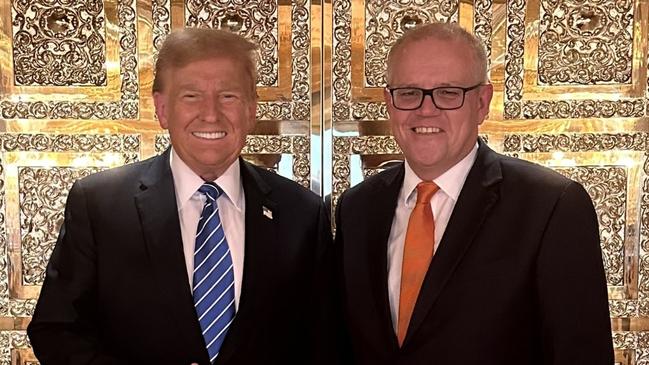
Differing from Abbott, Morrison is pragmatic on the future of the climate-change agenda. He argues that Trump does not “have a problem with alternative forms of energy – just so long as they can be abundant and cheap.”
“You want less fossil fuels in the economy? Come up with a technology that’s better … and that’s cheaper, and you can scale,” he says.
For Morrison, the climate agenda is “going off in two streams.” One is made up of those who “still want to use climate as a sort of a masquerade for progressive politics and wealth and income redistribution … The other one is the practical argument, which is — where is capital going to go to invest in technology that’s going to produce lower cost energy?”
He says that lower energy costs “arguably could be the biggest driver of the US economy” and that Trump didn’t care what the source was.
Will Trump’s taxes hurt Australia?
Australia also stood to gain from a resurgent US economy under Trump 2.0. “Tax cuts, the deregulation agenda … the morass of regulation that exists in every Western economy is grinding the gears,” Morrison says. “Just like last time they will rip through that. And that will just unleash a lot of pent up energy in the economy.”
“The US economy performing well is a good thing … particularly (for) Australia and our sphere,” Morrison says. “There is no reason why this next four years for Australia can’t be fantastic.”
Asked about the best advice for dealing with Trump, Morrison has two rules. “Listen would be my first advice,” he says. “You don’t have to tell him everything you think you need to tell him in the first five minutes.”
The second rule is to disregard the crowd. “Canberra is full of people with preconceived notions,” he says. “Suspend them all. They’re all wrong.”

